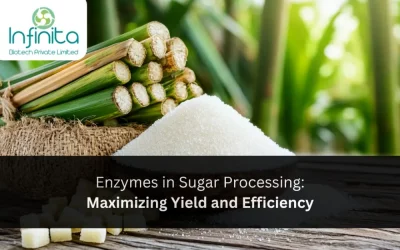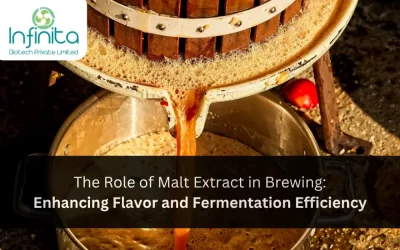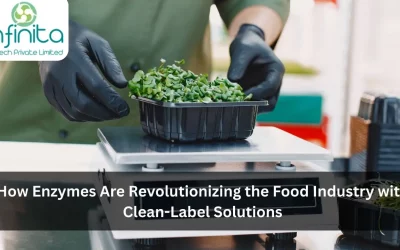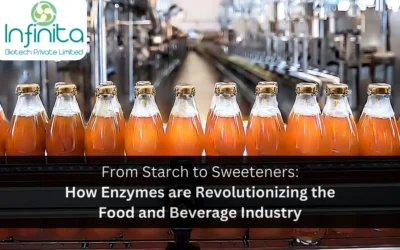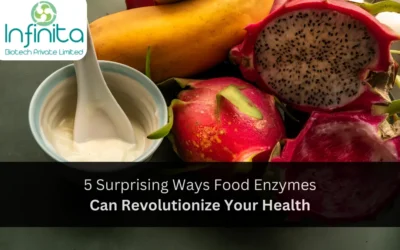The food and beverage industry is among the primary sectors that cater to the needs of the growing population. The large variety of packaged foods, such as dairy products, beverages, meat, poultry and seafood, is highly fragmented. When foods are packed for commercial use, enzymes are generally used to make production easy.
Enzymes are gaining popularity in the food and beverage industry. Food enzymes, such as lipases, proteases, etc., are responsible for low greenhouse gas emissions and result in less raw material waste. Furthermore, the use of enzymes in food and beverage products results in flexible, high-performing solutions that ensure high-quality and cost-effective products that consistently meet customer preferences. Read more about the advantages of enzymes in the food and beverage industry in the next section.
Advantages Of Enzymes In The Food & Beverage Industry
Not all foods can be consumed immediately; some need to be stored, and a few are prepared to make them usable for prolonged use. Enzymes are known to add flavour to edible items, for instance, cheese and wine. Further, it helps to restore energy and resources that increase the overall efficiency of food items.
Advantages Of Enzymes In the Food Industry
Since ancient times, enzymes have been used in the food industry. One of the uses of enzymes is to preserve and improve milk quality for human consumption. The newer use of enzymes in the food industry is among the meat, fish, plant proteins and vegetable oils sectors. The preventive attribute increases the advantages of enzymes in the food industry.
Meat and dairy are the major products where enzymes are used. Enzymes used in meat processing mainly improve product quality. On the other hand, it helps to remove excess hydrogen peroxide in dairy products. The lactase enzyme can reduce lactose content in dairy products to reduce the level of lactose. In addition, enzymes can also improve the flavour, sweetness and nutritional value.
Advantages Of Enzymes In the Beverage Industry
The advantages of enzymes in the beverage industry is similar to the food industry. These enzymes are mainly used for purifying and reducing the viscosity of fruit juice. Moreover, this increases the stability and extends the shelf life of vegetables and fruit juice without losing their nutrient value. Apart from fruit and vegetables, enzymes are also used in the deep processing of tea. It makes the tea soluble in cold water. Cellulase and pectinase break down the cell wall of the tea, making the active ingredients easily dissolvable. Moreover, it also enhances the taste.
Modify And Improve Functionality
The importance of enzymes in the food and beverage industry is vital. The use of enzymes in food and beverage products is growing rapidly because of many reasons. Since they increase the nutritional value of the products, it ultimately boosts the market value. It also increases the shelf life of the products. From a commercial point of view, enzymes are highly required to increase the value of food and beverages.
Enzymes Used In Food And Beverage Industry
Several enzymes are used to prevent and increase the taste of the products. Different enzymes are used in the production of distinct products.
Cellulase
Cellulase is an essential enzyme for the food and beverage industry. It is used to break down cellulose and convert it into glucose. This enzyme is used in fruit juices and wine processing, improving the extraction and clarification of juices.
Lipase
If we talk about the advantages of enzymes, especially lipase, it increases the stability of dough fermentation, resulting in quality bread. It is also used to produce noodles which makes them non-sticking while boiling.
Protease
Protease is one of the enzymes used in the food and beverage industry to improve viscoelasticity and increase the life of the products. Along with this, it also enhances the baking quality of the bakery products.
Infinita Biotech is a biotechnology company known for providing eco-friendly and effective solutions. As a leading company in the industry, we offer quality solutions to various industries. We understand the value of the environment; thus, all our solutions are innocuous and safe to use. If you are looking for A-one quality solutions, look no further than Infinita Biotech. Visit now!
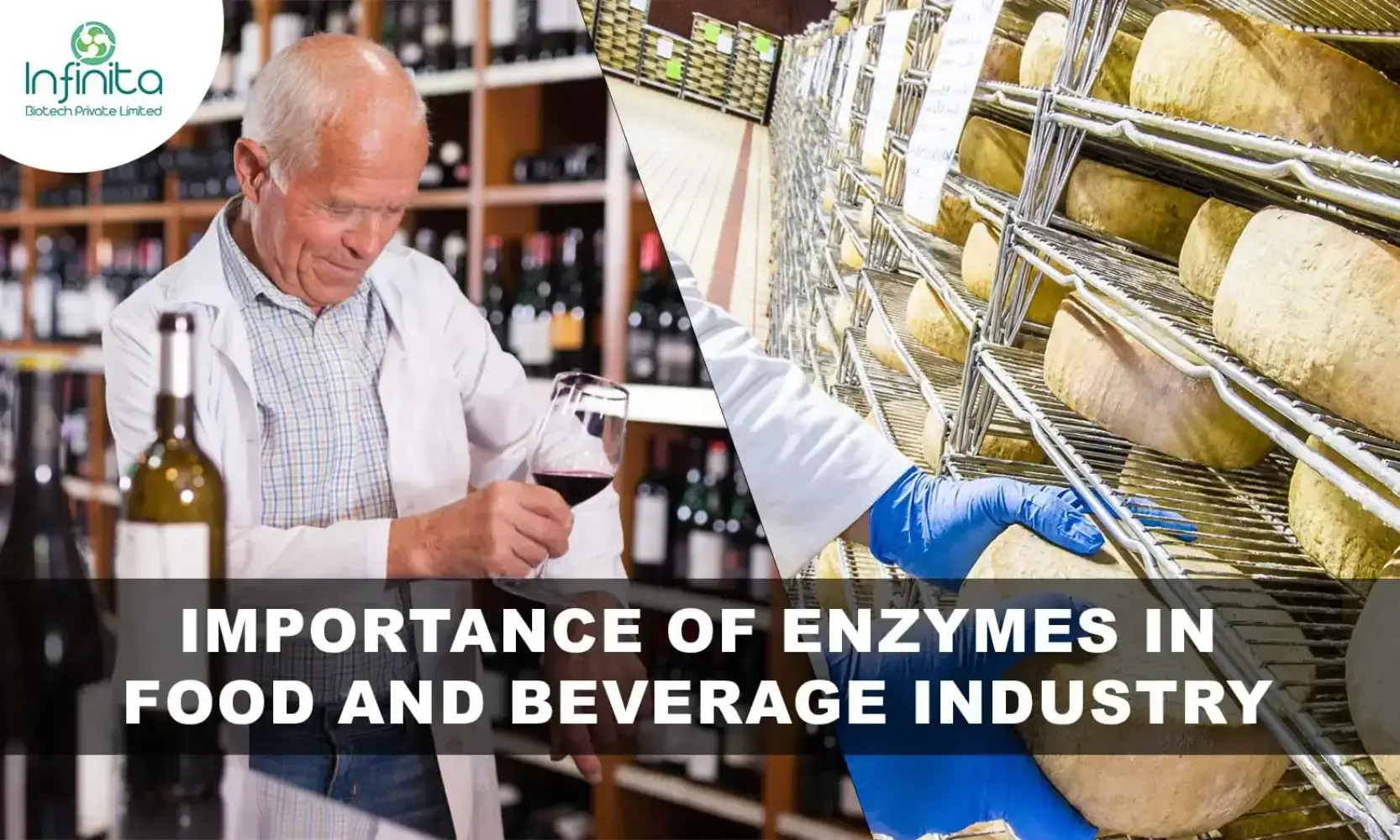
 Summarize this Article with AI
Summarize this Article with AI
